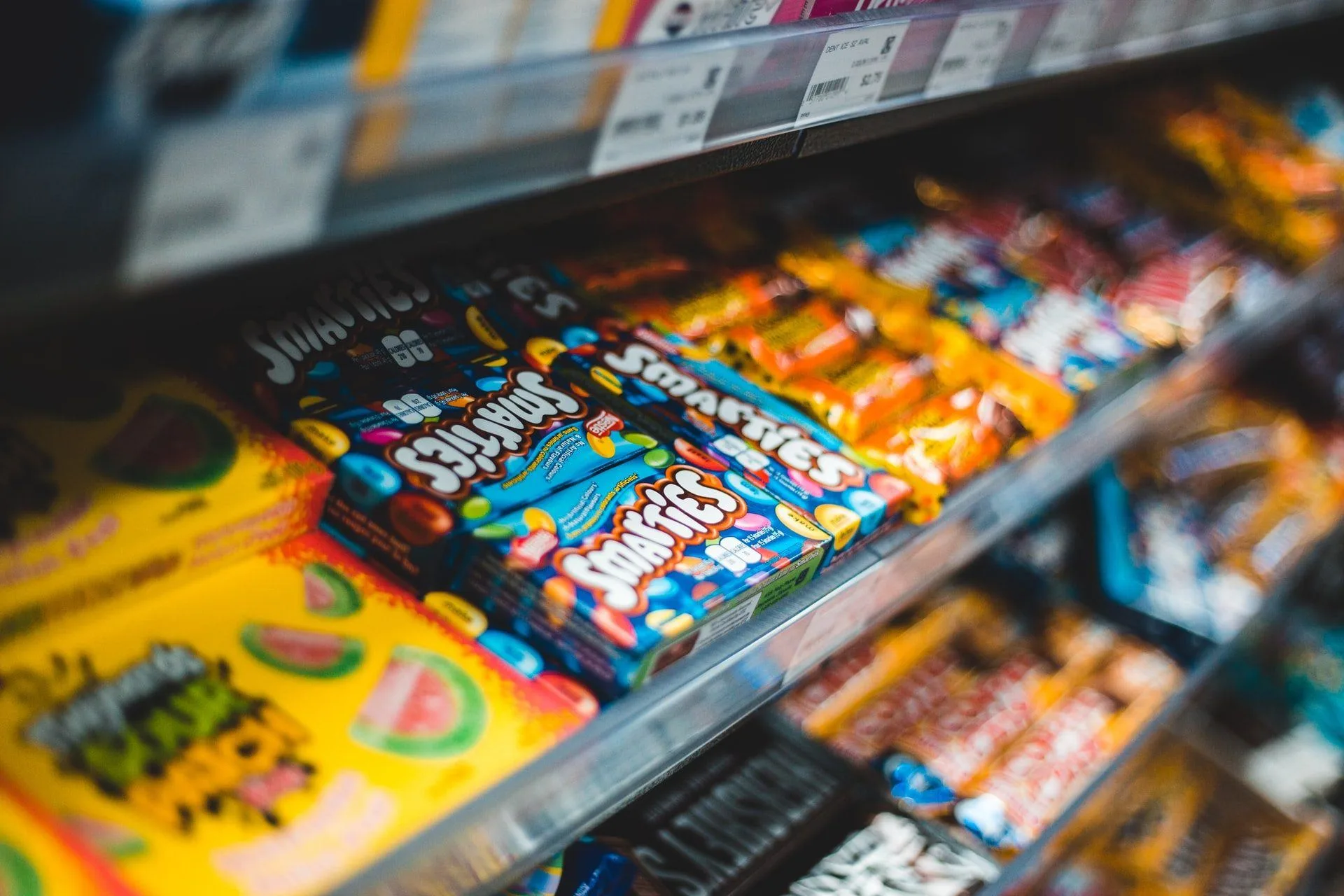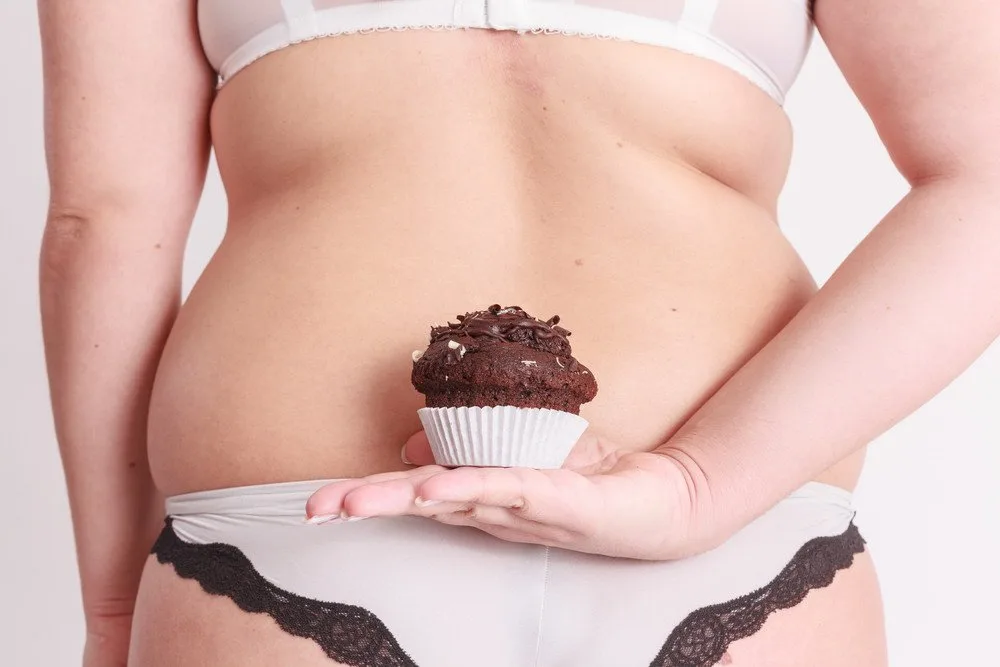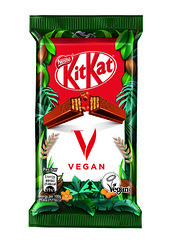In probably one of the most shocking but yet unsurprising news to come out of the food manufacturing industry, the world’s largest food company, Nestlé, has acknowledged, albeit in an internal document seen by the Financial Times, that over 60% of its mainstream food and drinks products do not meet a “recognized definition of health”.
If that’s not enough, the brand behind KitKat has also revealed that “some of our categories and products will never be ‘healthy’ no matter how much we renovate”.
Nestlé’s Health Rating
The Australian health star rating system coined the definition of “healthy,” with the system providing scores using a five-star scale. The rating is used by international researchers, including the Access to Nutrition Foundation. In order to be considered healthy, a product must score at least 3.5 stars.
The new document revealed that the assessment applied to about half of Nestlé’s overall portfolio. Categories like medical nutrition, pet food, coffee, and infant formula were excluded from the analysis.
The report revealed the following:
- Only 37% of the brand’s food and beverages by revenues achieve a rating above 3.5.
- Around 70% of food products failed to meet the 3.5 rating.
- 96% of beverages – excluding pure coffee – did not meet the health rating.
- 99% of Nestlé’s confectionery and ice cream portfolio are, unsurprisingly, considered unhealthy.
- 82% of waters and 60% of dairy met the threshold.
The need for healthier foods
While we can blame the pandemic for worsening the obesity crisis, the fact is that obesity rates were rapidly rising before 2020. If that’s not enough, the prevalence of diabetes and heart disease (two conditions whose risks are worsened by poor dietary choices) are set to increase in the next few years (1,2).
The fact of the matter is, we need healthier food choices.
“Food companies’ job is to generate money for stockholders, and to generate it as quickly and in as large an amount as possible. They are going to sell products that reach a mass audience and are bought by as many people as possible, that people want to buy, and that’s junk food,” explains Marion Nestle (no relation), visiting professor of nutritional sciences at Cornell University.
“Nestlé is a very smart company, at least from my meetings with people who are in their science [departments] . . . but they have a real problem . . . Scientists have been working for years to try to figure out how to reduce the salt and sugar content without changing the flavour profile and, guess what, it’s hard to do.”
The shift to healthier eating
Nestlé reported that buoyant sales in e-commerce, convenience foods, and health ingredients contributed to a 3.5% organic growth during the first nine months of 2020. The fact of the matter is that consumers are looking for healthier and more sustainable ways to eat. The good news is that some brands are actually listening.
For instance, in 2019, Burger King teamed up with Impossible Foods to bring us the Impossible Whopper. Furthermore, last year McDonald’s announced that it had developed a new plant-based platform.
Nestlé is making progress
Despite the report’s findings, Nestlé is on a mission to promote healthier eating. In fact, in a 2018 index, Nestlé was ranked the highest when it came to which of the world’s food and beverage manufacturers had stepped up their efforts to encourage better diets.
That said, the foundation behind the index, Access to Nutrition Foundation, warned that “all companies need to do much more” and some of the recent steps that Nestlé has taken include:
- Since 2017, Nestlé has removed 60 000 tonnes (4.5%) of added sugars and 10 000 tonnes (3.8%) of salt from their products. They’ve also reduced 10% of saturated fat from their products.
- Nestlé recently unveiled plans for the first-ever vegan KitKat. The chocolate bar, called KitKat V, will be launched later this year. It is certified vegan and made from 100% sustainable cocoa sourced through the Nestlé Cocoa Plan in conjunction with the Rainforest Alliance.
- Last year, Nestlé revealed that it had added at least 750 million portions of vegetables, 300 million portions of nutrient-rich grains, pulses and bran, and more nuts and seeds to its products.
- In 2019, Nestlé sold its 60% stake in Herta charcuterie (cold cuts and meat-based products). In its place, Nestlé opted to retain and develop its existing Herta vegetarian business.
Nestle: The Way Forward
Nestlé was unable to confirm any of the claims made by the Financial Times. However, the brand is focused on addressing the findings of the report,
“Systems like the Health Star Rating and Nutri-Score are useful in this regard and enable consumers to make informed choices. However, they don’t capture everything. About half of our sales are not covered by these systems.” a spokesperson tells NutritionInsight, “That includes categories such as infant nutrition, specialized health products, and pet food, which follow regulated nutrition standards,”
“Nestlé is working on a company-wide project to update its nutrition and health strategy. We are looking at our entire portfolio across the different phases of people’s lives to ensure our products are helping meet their nutritional needs and supporting a balanced diet,”
Balance is the word of the day
That said, Nestlé does believe that a healthy diet all comes down to one thing: balance.
“We believe that a healthy diet means finding a balance between wellbeing and enjoyment. This includes having some space for indulgent foods, consumed in moderation. Our direction of travel has not changed and it is clear: we will continue to make our portfolio tastier and healthier,”
Want to know more?
If there’s one form of eating that will always be healthy, then it’s definitely the Blue Zone diet. In fact, here’s how you can eat your way to 100.
In cooperation with percentage calculator.





![women [longevity live]](https://longevitylive.com/wp-content/uploads/2020/01/photo-of-women-walking-down-the-street-1116984-100x100.jpg)










